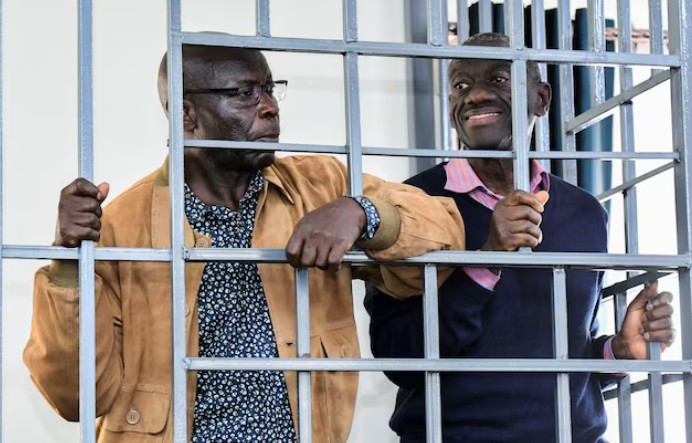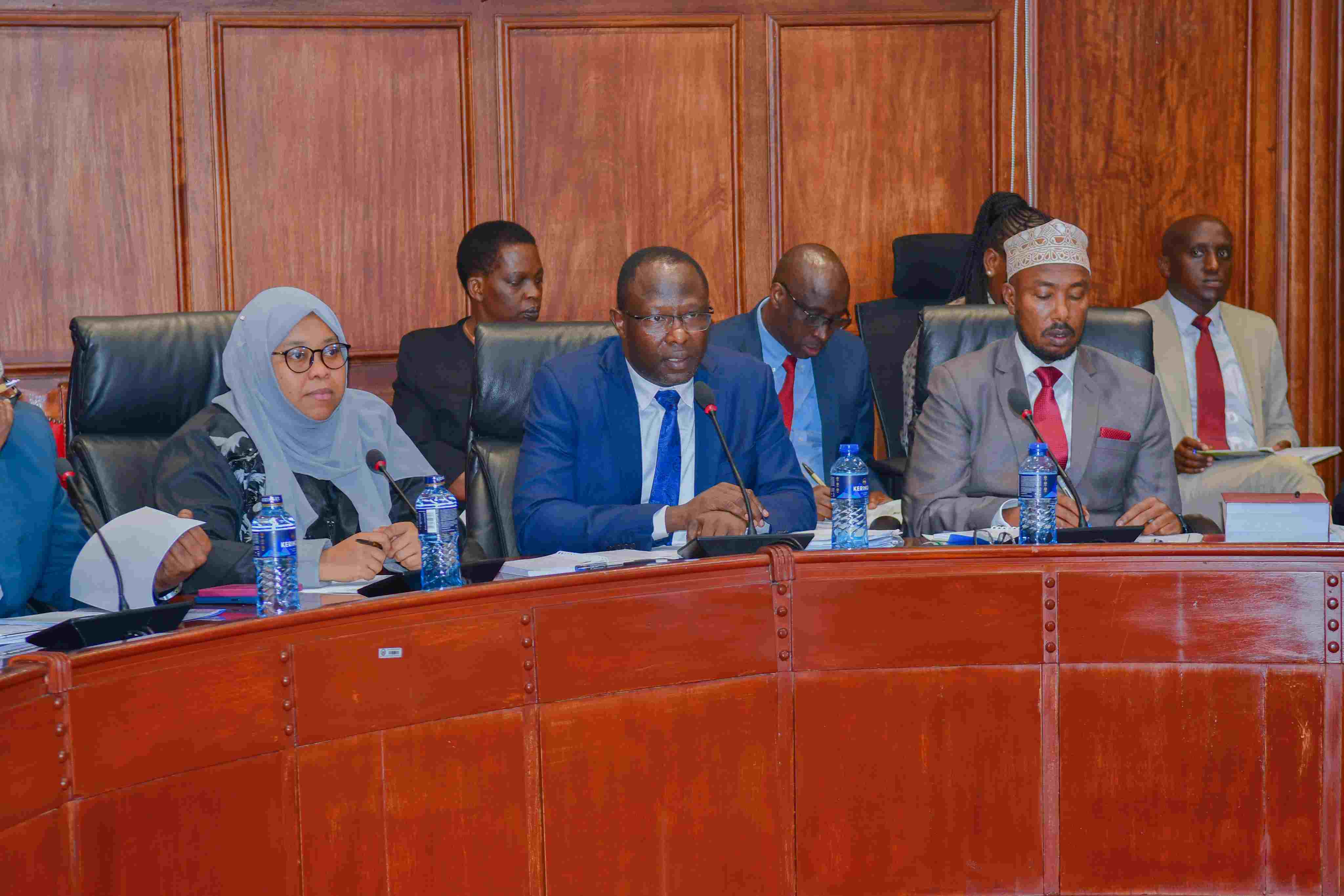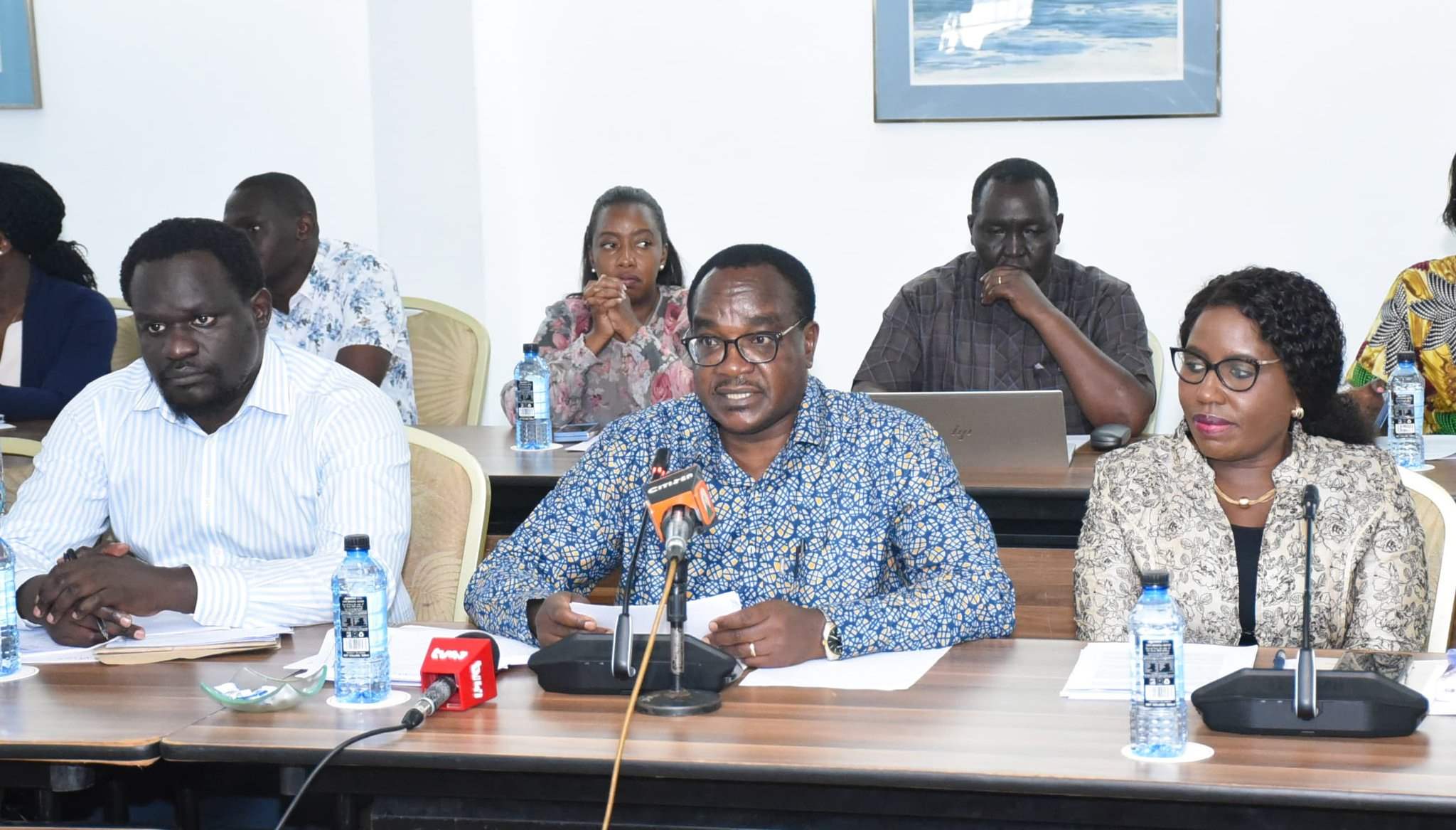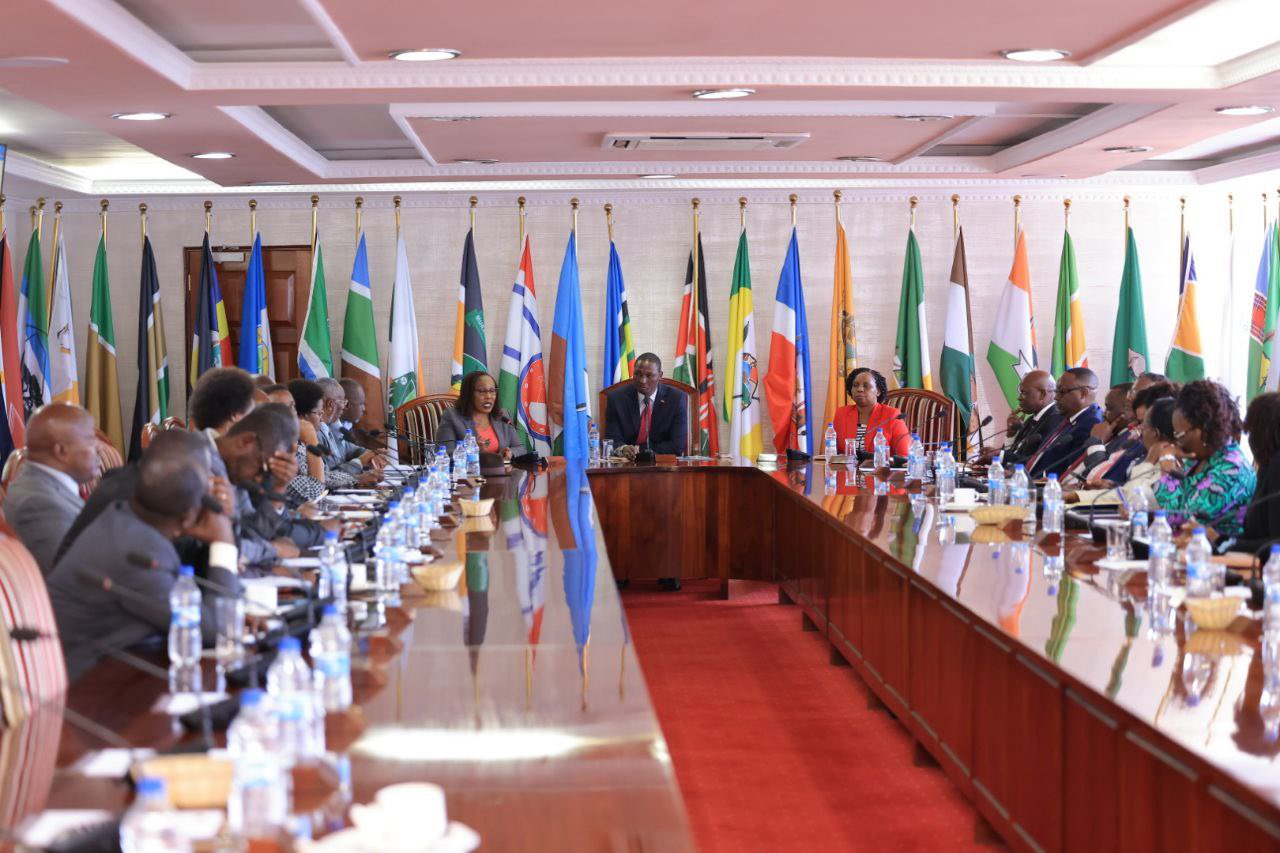State opposes court bid to halt Inspector-General’s police payroll control
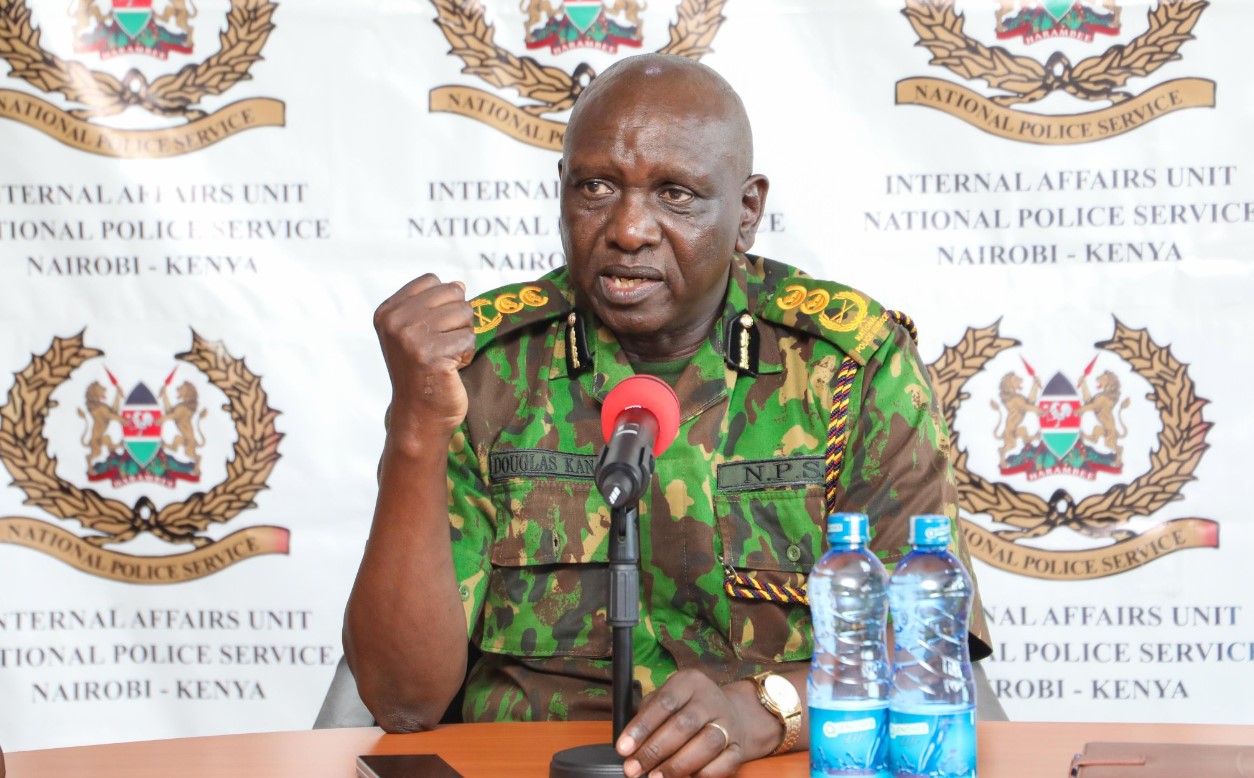
The lobby group argues that payroll administration is not a mere accounting task, but a critical mechanism through which recruitment, promotions, transfers, suspensions, interdictions, and disciplinary processes are enforced.
The State has opposed a constitutional petition challenging the alleged takeover of the police payroll by the Inspector-General of Police, saying the case does not meet the threshold for the grant of conservatory orders.
In a petition filed before the High Court, lobby group Sheria Mtaani na Shadrack Wambui accuses the Inspector-General of Police and the National Police Service (NPS) of unilaterally assuming payroll management.
More To Read
- Bill proposes 60-year age limit, fixed terms for top police officers
- Murkomen hails recruitment of 10,000 police constables to boost national security
- NPSC announces dates for recruitment of 10,000 police constables
- Overlapping mandates fueling standoff between police service and commission - MPs
- Court asked to block police recruitment over payroll management dispute
- Standoff as NPSC, NPS clash over recruitment of 10,000 police officers
Through lawyer Danstan Omari, the group argues that payroll administration is not a mere accounting task, but a critical mechanism through which recruitment, promotions, transfers, suspensions, interdictions, and disciplinary processes are enforced.
The petitioners claim that by wresting control of the payroll, the IG has usurped powers constitutionally reserved for the National Police Service Commission (NPSC) under Article 246(3).
They warn that unilateral control exposes officers to risks of alteration or deletion of payroll records, frustrates disciplinary proceedings, and could compromise national security.
The matter first came to light on August 4, 2025, when concerns were raised before the National Assembly's Public Accounts Committee.
However, in opposition papers filed by Litigation Counsel Jackline Kilamana on behalf of the Attorney General, the State argues that the petition is speculative and unsupported by factual evidence.
Kilamana told the court that conservatory orders can only be issued where there is a demonstrable and imminent violation of the Constitution, not conjecture.
The State further contends that Article 245 of the Constitution vests the Inspector-General with independent command over the National Police Service, which cannot be interfered with by external directives.
According to the opposition, the NPSC's role is limited to recruitment, promotions, and discipline, and does not extend to the day-to-day financial or payroll management.
Kilamana cautioned that reallocating or fragmenting the IG's functions would amount to an unconstitutional overreach and undermine both the IG's independence and that of the Commission, contrary to Articles 240, 243, 245, and 246.
"The conservatory orders sought should be denied in the public interest and to safeguard the integrity of police operations," the state submitted.
Top Stories Today



